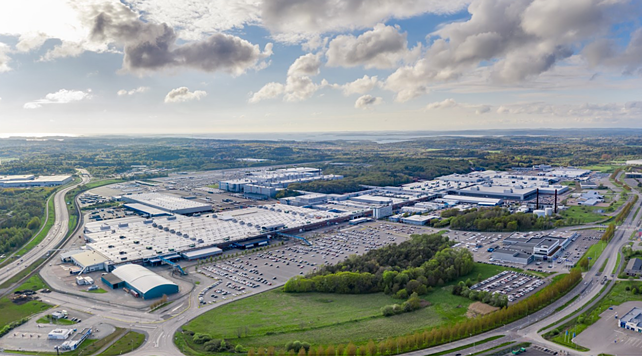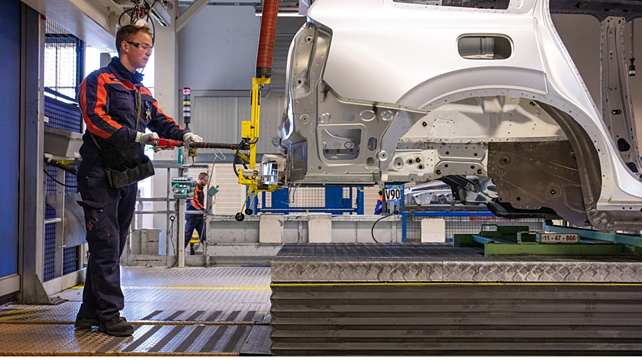
Luxury car manufacturer Volvo Cars on Thursday said its Torslanda site in Sweden is its first car manufacturing plant to reach a fully climate-neutral status. This is in line with the company’s vision towards making its global manufacturing network climate neutral by 2025
This makes Torslanda the second plant in its overall manufacturing network to reach this status, after the Skövde engine plant in Sweden became climate-neutral in 2018.
Volvo Cars count a manufacturing site as fully climate neutral when it registers no net increase in the emission of greenhouse gases to the atmosphere due to the electricity and heating used by the plant, it said in a press release.
The Torslanda plant, the company’s oldest, has been powered by climate-neutral electricity since 2008.
It now also has climate-neutral heating. Half of the plant’s heating comes from biogas, while the other half is predominantly sourced from district heating through industrial waste heat.
“Establishing Torslanda as our first climate-neutral car plant is a significant milestone,” said Javier Varela, Head, Industrial Operations and Quality at Volvo Cars. “We are committed to having a climate-neutral manufacturing network by 2025, and this achievement is a sign of our determination as we consistently work to reduce our impact on the environment.”

Apart from becoming climate neutral, Torslanda also constantly reduces the amount of energy it uses. Targeted improvements in its operations during 2020 resulted in annualised energy savings of almost 7,000 megawatt-hours (MWh), equal to the annual energy usage of over 450 Swedish family homes.
In coming years the plant plans to make further efficiency upgrades to the lighting and heating systems, among other things, which should result in additional annual energy savings of around 20,000 MWh by 2023. These energy savings are part of a wider ambition for Volvo Cars to reduce energy usage per car produced in its manufacturing network by 30% in 2025.
For Volvo Cars to achieve its target of climate-neutral manufacturing operations, it needs the full support of local partners in government and business to access climate-neutral electricity and heating. In addition, Volvo Cars will develop its own renewable electricity generation capacity on-site.